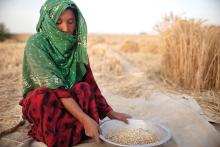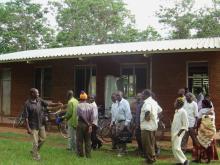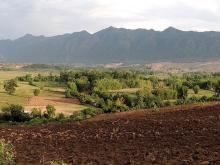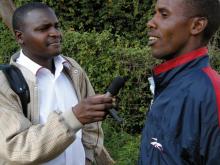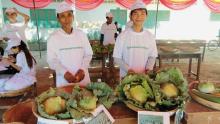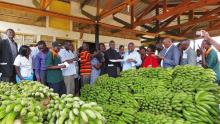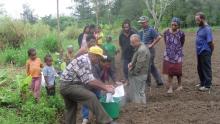Land Library
Welcome to the Land Portal Library. Explore our vast collection of open-access resources (over 74,000) including reports, journal articles, research papers, peer-reviewed publications, legal documents, videos and much more.
/ library resources
Showing items 100 through 108 of 372.Rural extension services are an extremely complex affair. This is due to the wide range of constellations in which farmers operate nowadays, and also to the large number of players who are active in advisory services, with their different tasks, values and mandates.
As with other countries, agricultural extension and advisory services (EAS) in Malawi are provided by public, private, and non-profit organisations.
Providing extension and advisory services is expensive. There are salaries to be paid, transportation and operational funds to be provided, buildings to be rented or built, demonstration plots to maintain, and continued education to be offered to the extension staff.
The aim of the “Management advice for family farms” (MAFF) approach is to strengthen the abilities of farmers to manage their farms and improve their economic and social autonomy. In Francophone Africa, this holistic concept has been applied successfully for almost two decades.
Today, it would be difficult to imagine agricultural extension without modern information and communication technologies. What they can do, where they fit in, and where they reach their limits is shown in the following examples.
In many parts of Africa, formal education and training in agriculture is almost nonexistent. Swiss Biovision Foundation supports farmers via its Farmer Communication Programme.
Innovation takes place not only in laboratories, and disseminating knowledge need not depend on classrooms.
“There is plenty of innovation. The trick is to get it to the farmers,” it is often said when technology transfer to farmers, and smallholders in particular, is referred to.
The Government extension services in Papua New Guinea (PNG) are weak. There is a general lack of money and staff, and the country has a poor infrastructure. Above all small-scale farmers in remote areas are left out of developments.

